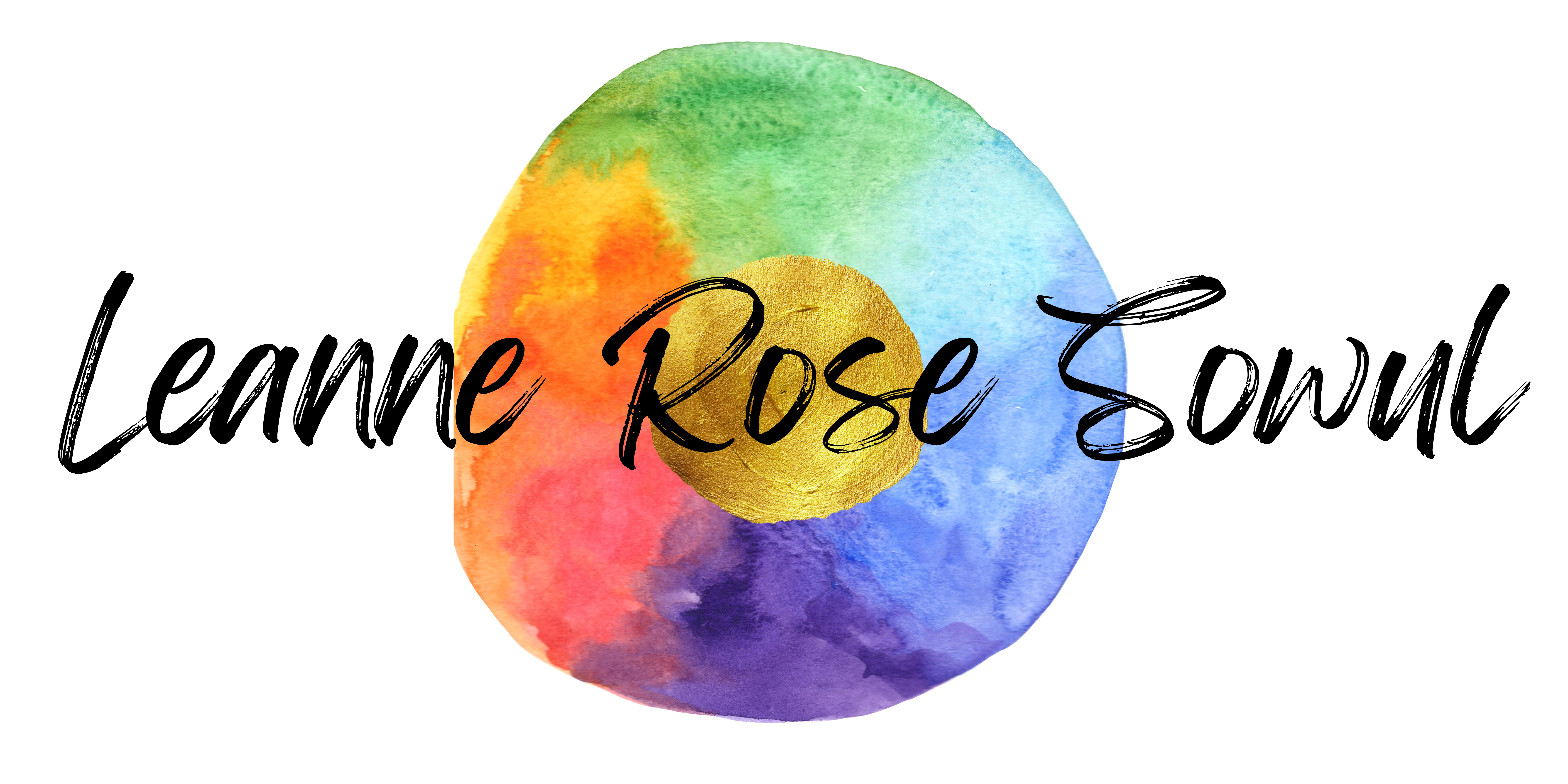As a music teacher, I am regularly told that my subject is less important and more expendable than other “core” subjects such as reading, math and science. Why? Well, because most music students don’t grow up to have careers in music. I question the validity of this point (does that mean Biology and Algebra were a waste of my time, since my career doesn’t involve them?) but let’s assume, for the sake of argument, that it’s true. Most students who make music don’t become musicians. I’ve been teaching in public schools and private settings for over twelve years now, and I’ve seen some truly talented students spend hours in the practice room, dedicate months to learning solos for festivals, win entry into the top ensembles in the state… and then go off to college for a non-music degree, and rarely, if ever, pick up their instruments again. Do I feel like my colleagues and I have somehow failed these students? Not even a little bit. Because although they’re no longer playing their instruments, I know they’ve learned something incredibly valuable from their music education.
They’ve learned how to practice.
Over the weekend, I started listening to Gabriela Periera’s DIY MFA podcast. (Gabriela was one of the clinicians who most inspired me at the Writer’s Digest conference.) In Episode #2, Gabriela talks about how her violin practice habits informed her writing practice habits. Her analysis really resonated with me on a personal and professional level. Professional, because it gave me some new language to explain the importance of practice on any instrument, not for the music’s sake, but for the practice’s sake. Personal, because it gave me a new framework for my own writing practice; ironically, the same one I’ve been assigning my students for a decade:
2. Skill practice
3. Develop repertoire
4. Prepare for performance
(I highly recommend this podcast to writers, musicians and other interested parties.)
Like Gabriela, I no longer identify myself, first and foremost, as a musician. I identify myself as a writer who teaches music. But the practice of music provided the foundation of discipline that I need to be a successful writer. For all of my students who didn’t choose careers in music, but instead became scientists, nurses, or baseball coaches, I believe the same applies to them.
You may not need to know how to play a chromatic scale to be a surgeon, but you do need to have intense focus, the kind you experience while performing a multi-movement work.
You may not need to know how to tune a harp to be a kindergarten teacher, but you do need the kind of precision and patience that tuning requires.
So while I hope my students retain the joy of music and the memories of performing in harmony with their friends, while I wish they’d continue playing instruments into adulthood, I know that’s only a part of what I do. It’s the practice, the discipline and the habits I teach that will help them become whatever they want to be.

